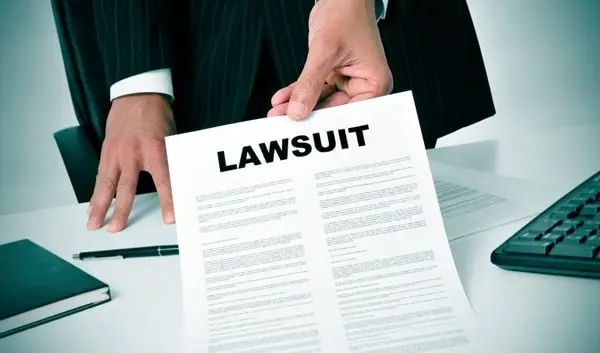The ongoing legal battle against Homeaglow, a home-cleaning services platform, has spotlighted significant labor issues surrounding gig economy workers, particularly focusing on worker misclassification. Homeaglow, known for connecting independent cleaners with homeowners, is accused of violating labor laws by treating its cleaners as independent contractors rather than employees. This distinction, central to the lawsuit, has implications for minimum wage requirements, overtime pay, and the reimbursement of job-related expenses.
Allegations in the Homeaglow Lawsuit
Several lawsuits have been filed by cleaners working for Homeaglow, alleging that the company improperly classified them as independent contractors, depriving them of crucial employee protections. The class action lawsuits demand compensation for unpaid wages, overtime, and reimbursement for essential expenses like cleaning supplies and travel costs. The lawsuits claim that Homeaglow exerts significant control over its cleaners, including dictating how they perform their duties, which contradicts the company’s argument that these workers operate independently.
These lawsuits, primarily filed in California where labor protections are stringent, argue that under California’s “ABC Test” — used to determine whether a worker is an employee or an independent contractor — Homeaglow’s cleaners should be classified as employees. Under this test, a worker is considered an employee unless they are free from the company’s control, perform work outside the usual course of the company’s business, and are engaged in an independently established trade. Plaintiffs argue that Homeaglow fails to meet these conditions, as the platform directs cleaners on how to perform their tasks, schedules their appointments, and controls their interactions with clients.
Homeaglow’s Response and Legal Defense
In response, Homeaglow maintains that its business model is based on connecting cleaners with clients and providing a flexible platform for independent professionals. The company argues that its cleaners enjoy autonomy, choosing their own work hours and accepting or declining jobs at will, key characteristics of independent contractor status. Homeaglow has defended its position by emphasizing the flexibility and freedom that gig work offers, which they claim benefits both cleaners and clients.
Despite these defenses, the lawsuit’s plaintiffs argue that Homeaglow’s control over its cleaners, including the detailed instructions on performing cleaning tasks and managing client relationships, undermines the independence that the company claims to provide. Furthermore, the lawsuits accuse Homeaglow of mismanaging worker payments, such as failing to pay for overtime and not reimbursing necessary work expenses.
Broader Implications for the Gig Economy
The Homeaglow lawsuit is part of a broader conversation about worker rights in the gig economy. Companies like Homeaglow, Uber, and others operating on a gig model often classify workers as independent contractors to avoid the costs associated with employment, such as health benefits, unemployment insurance, and paid leave. However, this model has come under increasing legal scrutiny, especially in states like California, where labor laws are designed to protect workers from misclassification.
Should the courts rule against Homeaglow, it could have wide-reaching implications for the company and similar platforms. A ruling in favor of the plaintiffs may require Homeaglow to reclassify its workers as employees, significantly increasing operational costs and leading to a restructuring of its business model. Other gig economy platforms may also face tighter regulations, prompting them to re-evaluate their worker classifications and compensation practices.
Potential Outcomes
There are several potential outcomes of the Homeaglow lawsuit:
- Settlement: Homeaglow could settle the case outside of court, providing financial compensation to affected cleaners while potentially adjusting its business practices to avoid future litigation.
- Court Ruling Against Homeaglow: If the court sides with the plaintiffs, Homeaglow could face significant penalties, including back pay for unpaid wages, overtime, and other damages. The company may also be forced to reclassify its workers as employees, fundamentally altering its business model.
- Court Ruling in Favor of Homeaglow: If Homeaglow successfully defends its classification of workers as independent contractors, it may continue its current operations without major changes. However, the public perception of the company could still be affected, with potential reputational damage due to the allegations raised during the lawsuit.
Conclusion
The Homeaglow lawsuit represents a critical moment for gig economy platforms that rely on the independent contractor model. As legal challenges continue to mount, companies will need to find a balance between offering flexible work arrangements and providing fair compensation and protections to their workers. The outcome of the Homeaglow case could set a precedent for the cleaning services industry and beyond, potentially reshaping how gig workers are classified and compensated across various sectors.
As the case progresses, all eyes will be on the courts to see how this important legal battle plays out and what it means for the future of the gig economy.

